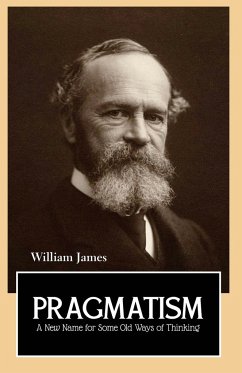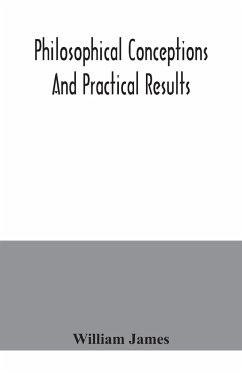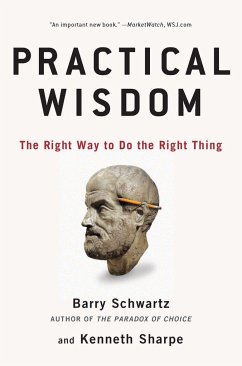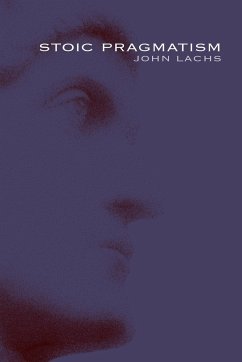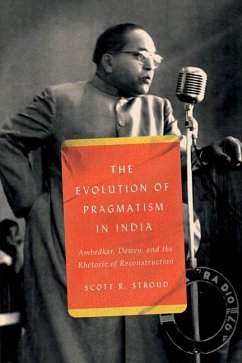
Pragmatism A New Name for Some Old Ways of Thinking
Versandkostenfrei!
Versandfertig in über 4 Wochen
12,99 €
inkl. MwSt.
Weitere Ausgaben:

PAYBACK Punkte
6 °P sammeln!
"Pragmatism" is a philosophical work written by William James in 1907. The book explores the concept of pragmatism, which is a philosophical approach that emphasizes the practical consequences of ideas and beliefs. In the book, James argues that truth should be defined in terms of practical consequences rather than abstract principles. He suggests that ideas and beliefs should be evaluated based on how well they work in the real world, rather than how well they conform to preconceived notions or ideals. James also explores the relationship between belief and action, arguing that our beliefs in...
"Pragmatism" is a philosophical work written by William James in 1907. The book explores the concept of pragmatism, which is a philosophical approach that emphasizes the practical consequences of ideas and beliefs. In the book, James argues that truth should be defined in terms of practical consequences rather than abstract principles. He suggests that ideas and beliefs should be evaluated based on how well they work in the real world, rather than how well they conform to preconceived notions or ideals. James also explores the relationship between belief and action, arguing that our beliefs influence our actions and that we should seek to align our beliefs with our actions in order to live a more fulfilling life. He also discusses the importance of individual experience in shaping our beliefs and the role of uncertainty in the pursuit of truth.




